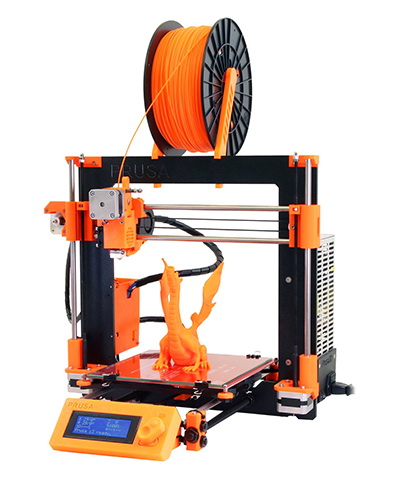
Reklama
3D tiskárny



AONN.cz
Sp┼Ö├ítelen├ę Weby
|
3D modely ARTDomitien at The Louvre, Paris

Title Domitian ( emperor 81-96 AD) Artist Complemented by a modern bust in the eighteenth century Date Late first century AD Italy Medium Marble Dimensions H. 87 cm Accession# X Credit Collection Albani Domitian was Roman emperor from 81 to 96. Domitian was the third and last emperor of the Flavian dynasty. Domitian's youth and early career were largely spent in the shadow of his brother Titus, who gained military renown during the First Jewish–Roman War. This situation continued under the rule of his father Vespasian, who became emperor in 69 following the civil war known as the Year of the Four Emperors. While Titus held a great many offices under the rule of his father, Domitian was left with honours but no responsibilities. Vespasian died in 79 and was succeeded by Titus, whose own reign came to an unexpected end when he was struck by a fatal illness in 81. The following day Domitian was declared Emperor by the Praetorian Guard, commencing a reign that lasted fifteen years – longer than any man who had ruled since Tiberius. As Emperor, Domitian strengthened the economy by revaluing theRoman coinage, expanded the border defenses of the Empire, and initiated a massive building program to restore the damaged city of Rome. Significant wars were fought in Britain, where his generalAgricola attempted to conquer Caledonia (Scotland), and in Dacia, where Domitian was unable to procure a decisive victory against king Decebalus. Domitian's government exhibited totalitariancharacteristics; he saw himself as the new Augustus, an enlightened despot destined to guide the Roman Empire into a new era of brilliance. Religious, military, and cultural propaganda fostered a cult of personality, and by nominating himself perpetualcensor, he sought to control public and private morals. As a consequence, Domitian was popular with the people and army but considered a tyrant by members of the Roman Senate. Domitian's reign came to an end in 96 when he was assassinated by court officials. The same day he was succeeded by his advisorNerva. After his death, Domitian's memory was condemned to oblivion by the Roman Senate, while senatorial authors such asTacitus, Pliny the Younger and Suetonius published histories propagating the view of Domitian as a cruel and paranoid tyrant. Modern revisionists have instead characterized Domitian as a ruthless but efficient autocrat whose cultural, economic and political program provided the foundation of the peaceful 2nd century. Albani Cardinal Alessandro (1692 - 1779) , nephew of Pope Clement XI , was one of the greatest Roman collectors of the eighteenth century . All he did install his villa in the Porta Salaria , inaugurated in 1763, became the object of study. Winckelmann and Cavaceppi founded there the history of modern art and restoration. The Albani collection was seized by France in 1797 under the Treaty of Tolentino . It was restored in 1815 to its owner, but Louis XVIII bought twenty antique , while the Louvre retained by exchanging other pieces. (Credit; Wikipedia) n├íhodn├Ż v├Żb─Ťr model┼»
|
©Ofrii 2012
| |||